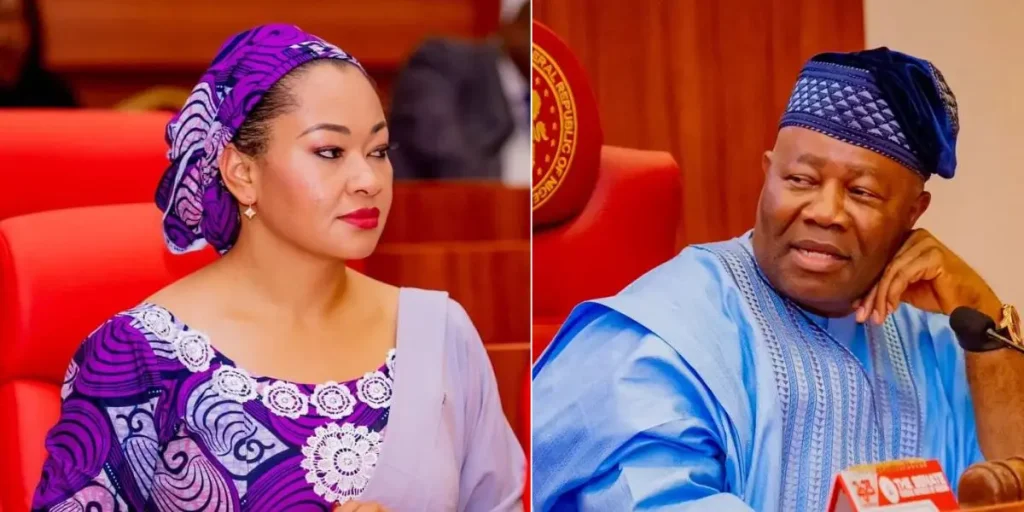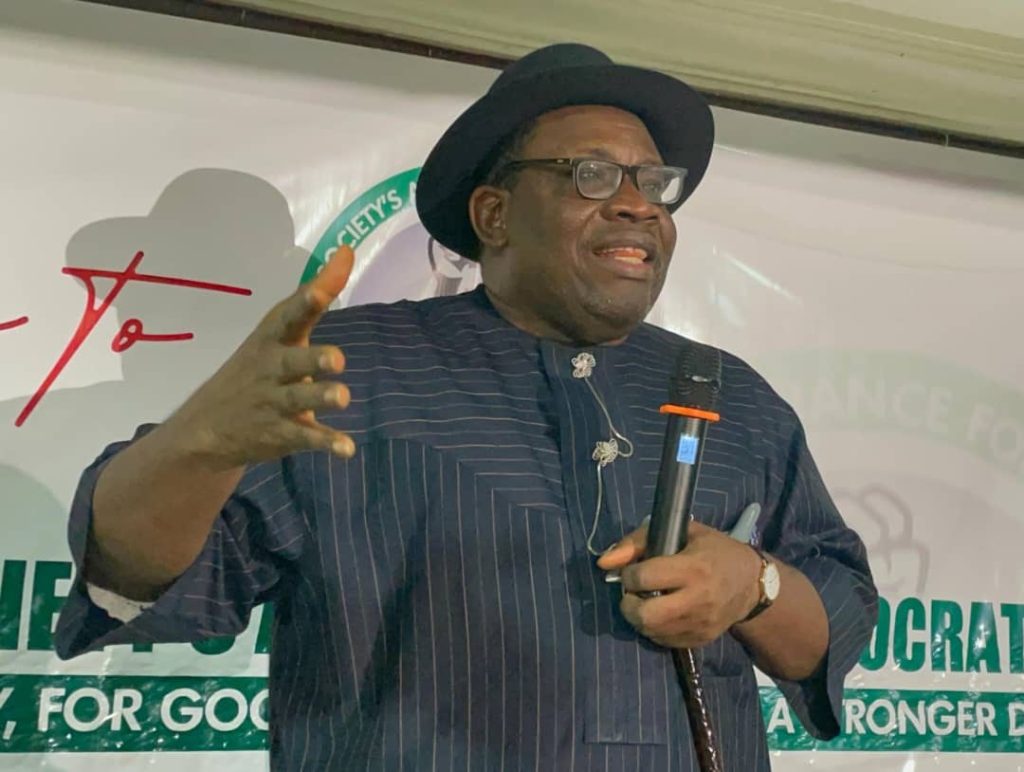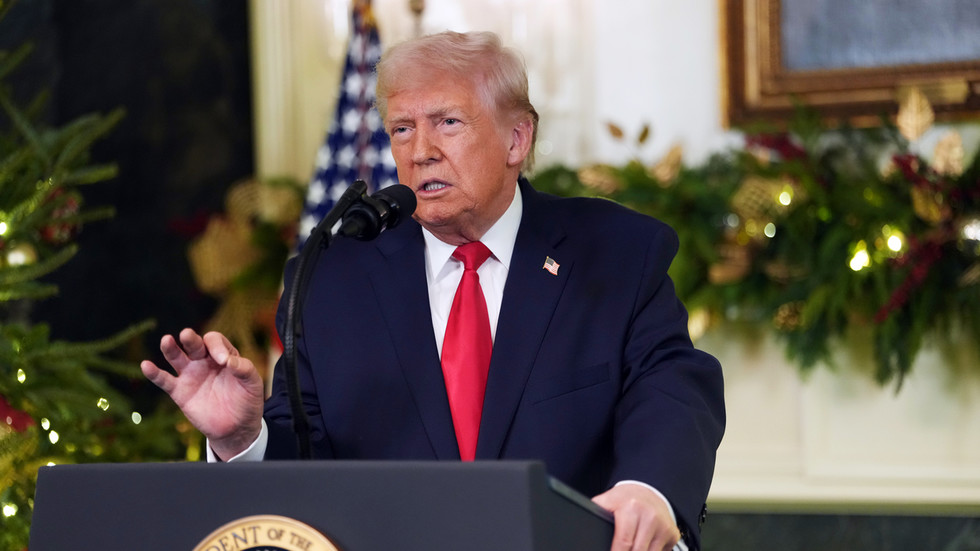African Nations Face Varied Challenges Amid Calls for Peace and Stability
The African continent is grappling with multiple crises, from escalating conflicts to pressing healthcare concerns. In recent developments, the Democratic Republic of Congo’s (DRC) fragile peace talks have collapsed, while the United Nations warns of a deteriorating security situation in South Sudan. Meanwhile, Nigeria has taken steps to improve access to healthcare, and Tanzania is working to ensure fair and transparent elections.
In the DRC, the M23 rebel group has withdrawn from peace talks with the government, citing the authorities’ failure to respect a previous ceasefire agreement. The conflict escalated in January after the M23 captured large areas of the mineral-rich east, including the regional capital Goma. A new draft agreement had been prepared in Qatar, but the rebels failed to attend the latest round of talks.
The UN has expressed concern over the deteriorating security situation in South Sudan, where earlier gains in the peace process have been largely eroded since March. Assistant Secretary-General for Africa Martha Pobee warned that renewed offensives have caused deaths, displacement, and infrastructure destruction. The UN is urging all actors and stakeholders to uphold the 2018 Revitalized Peace Agreement and work towards peaceful, credible elections in December 2026.
In Zimbabwe, Vice President Constantino Chiwenga has renewed his call to fight corruption, targeting individuals who amass wealth through unclear means. Chiwenga has previously described corruption as a national security threat that must be addressed.
In a positive development, Nigeria has slashed the cost of kidney dialysis in federal government-owned hospitals, providing relief to thousands of Nigerians battling kidney-related diseases. The initiative, approved by President Bola Tinubu, reduces the cost of dialysis from $32 to $7 per session.
Tanzania is gearing up for elections in October 2025, with the Council of Political Parties urging politicians and officials to adhere to election spending rules. Chairperson Juma Khatibu emphasized the importance of respecting the law to ensure fair, open, and trusted elections.
As African nations navigate these challenges, the need for peace, stability, and effective governance has never been more pressing. The international community is watching closely, urging leaders to prioritize the well-being and security of their citizens.



